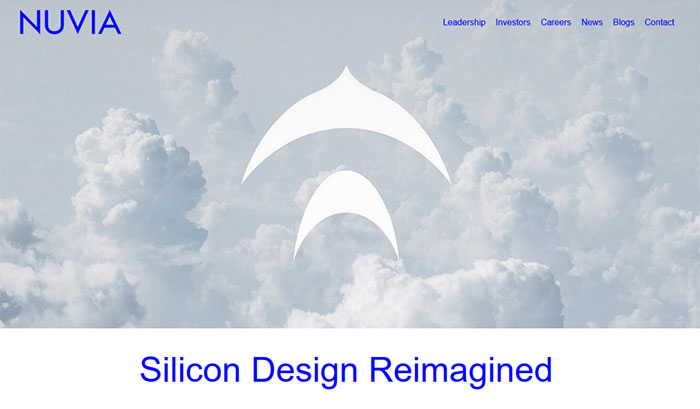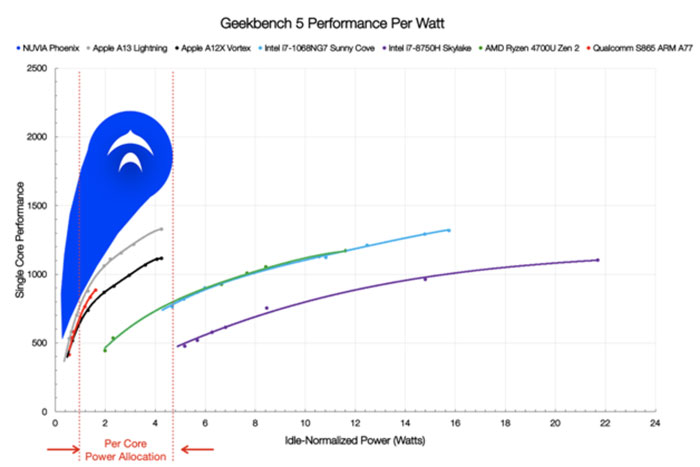High performance server chip startup was founded in early 2019 but registered its first ping on the HEXUS radar in November 2019 when it shared its plans for a new range of data centre processors. Formed by a trio of big-name Apple execs, the firm already had big money backing from the likes of Dell and various Silicon Valley investors. The Nuvia team didn't lack confidence, and wasn't shy in naming the data centre challenger targets of its first processor range - the Nuvia Phoenix Orion SoCs with disruptive performance per watt stats - Intel, AMD, Qualcomm and Marvell Technology.

Yesterday evening news broke that Qualcomm, one of the targets in Nuvia's crosshairs, entered into a definitive agreement to buy the startup. Qualcomm will splash out approx $1.4bn, with the contract subject to the usual closing conditions and regulatory approvals.
"The Nuvia team are proven innovators, and like Qualcomm, have a strong heritage in creating leading technology and products," said Cristiano Amon, President and CEO-Elect, Qualcomm Inc. "I am very excited to have them join our team. Together, we are very well positioned to redefine computing and enable our ecosystem of partners to drive innovation and deliver a new class of products and experiences for the 5G era."
Qualcomm's CTO, Jim Thompson, was similarly excited by the acquisition. Thompson specifically indicated that the high-performance Nuvia CPU designs were going to be integrated into Snapdragon SoCs in due course, lifting Snapdragon computing performance "to a new level". He thinks the tech will go beyond the well known Snapdragon range too.

In August 2020 Nuvia made some big claims about its "new way forward" for Arm-based cores. It will be very interesting to see how quickly this tech can be infused into the Qualcomm Snapdragon series and of course the real-world performance / efficiency impacts it can deliver.
Breakthrough for Snapdragon PCs?
We can be pretty sure Qualcomm's due diligence sees something pretty special here. Please don't forget that while Apple 'PCs' are currently moving towards to being wholly Arm-based (within 2 years), with the impressive first Apple M1 SoC, Windows users haven't been as impressed by 'Snapdragon PCs' and the like thus far.













